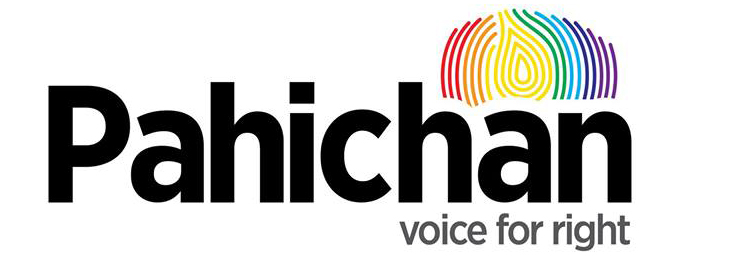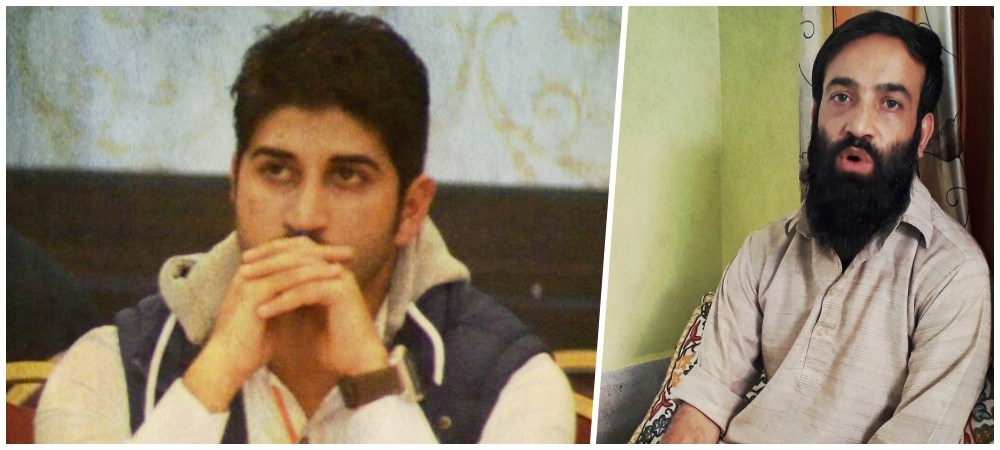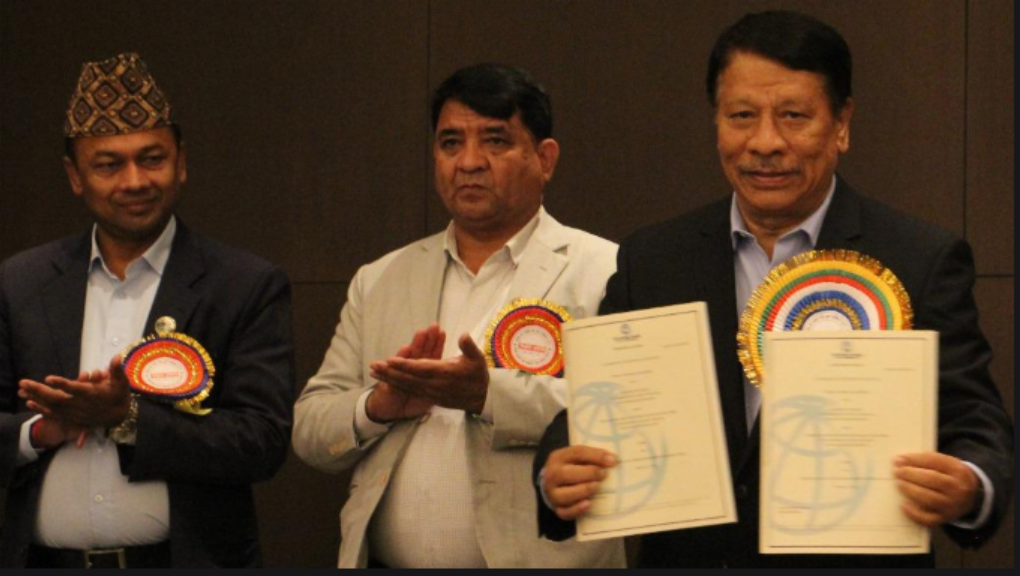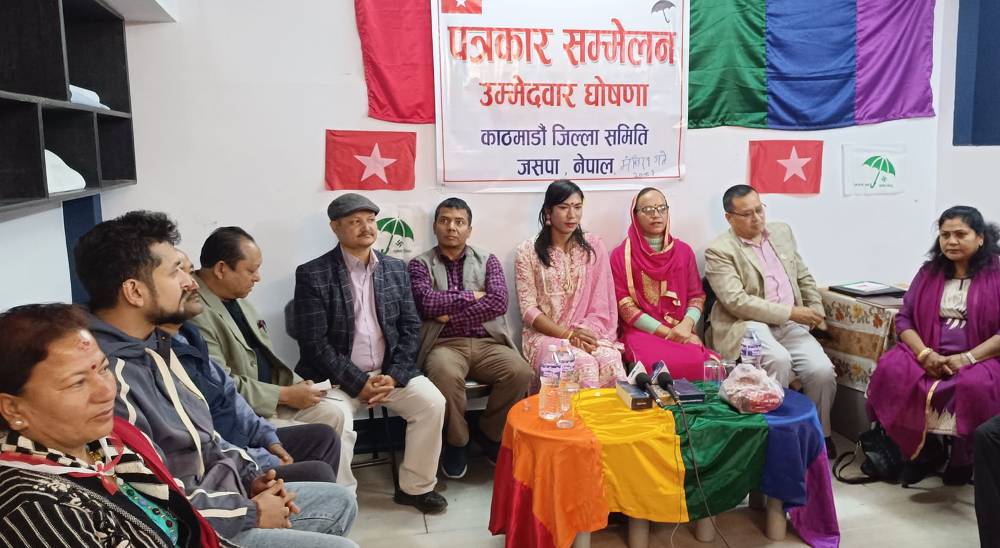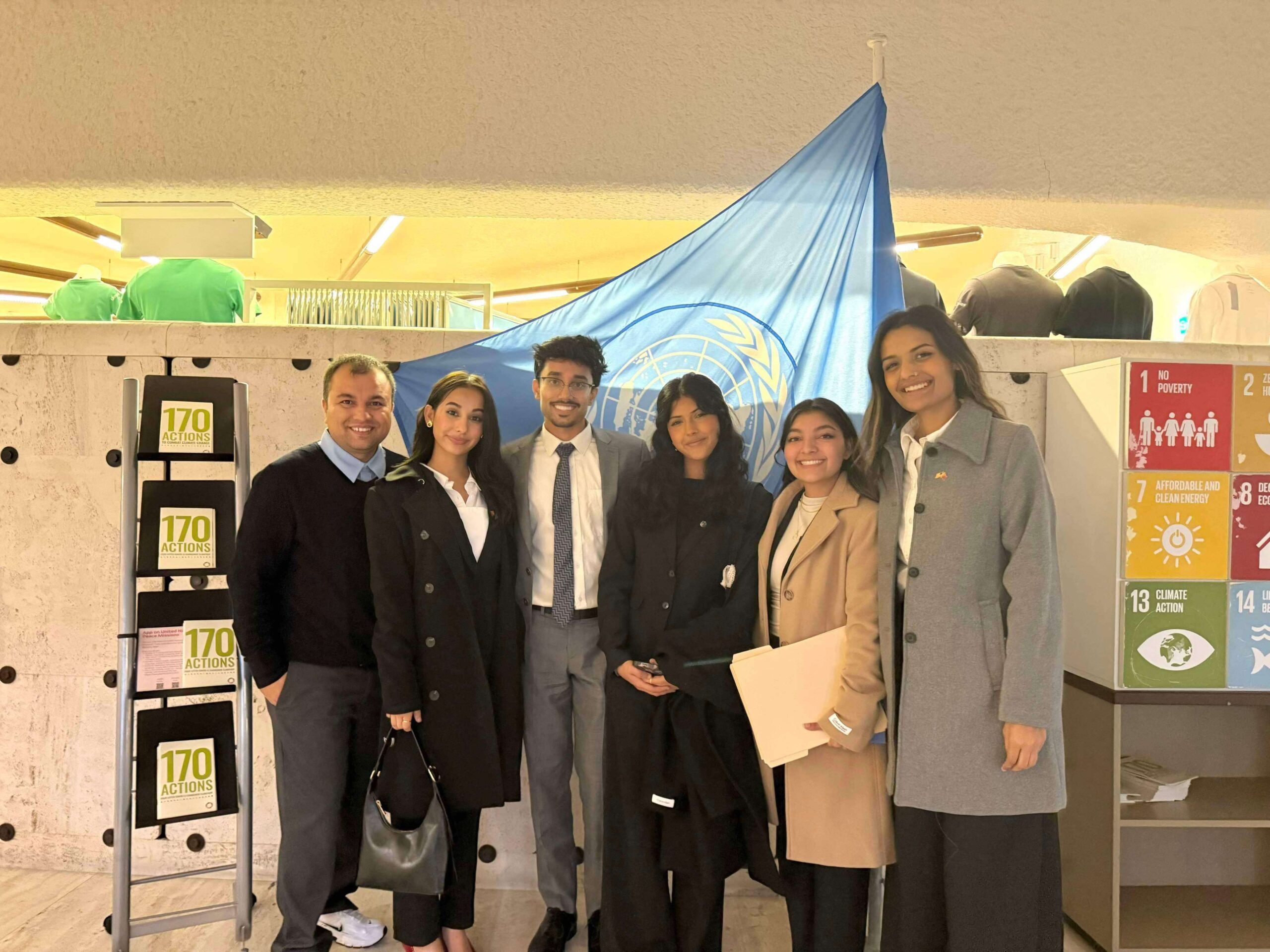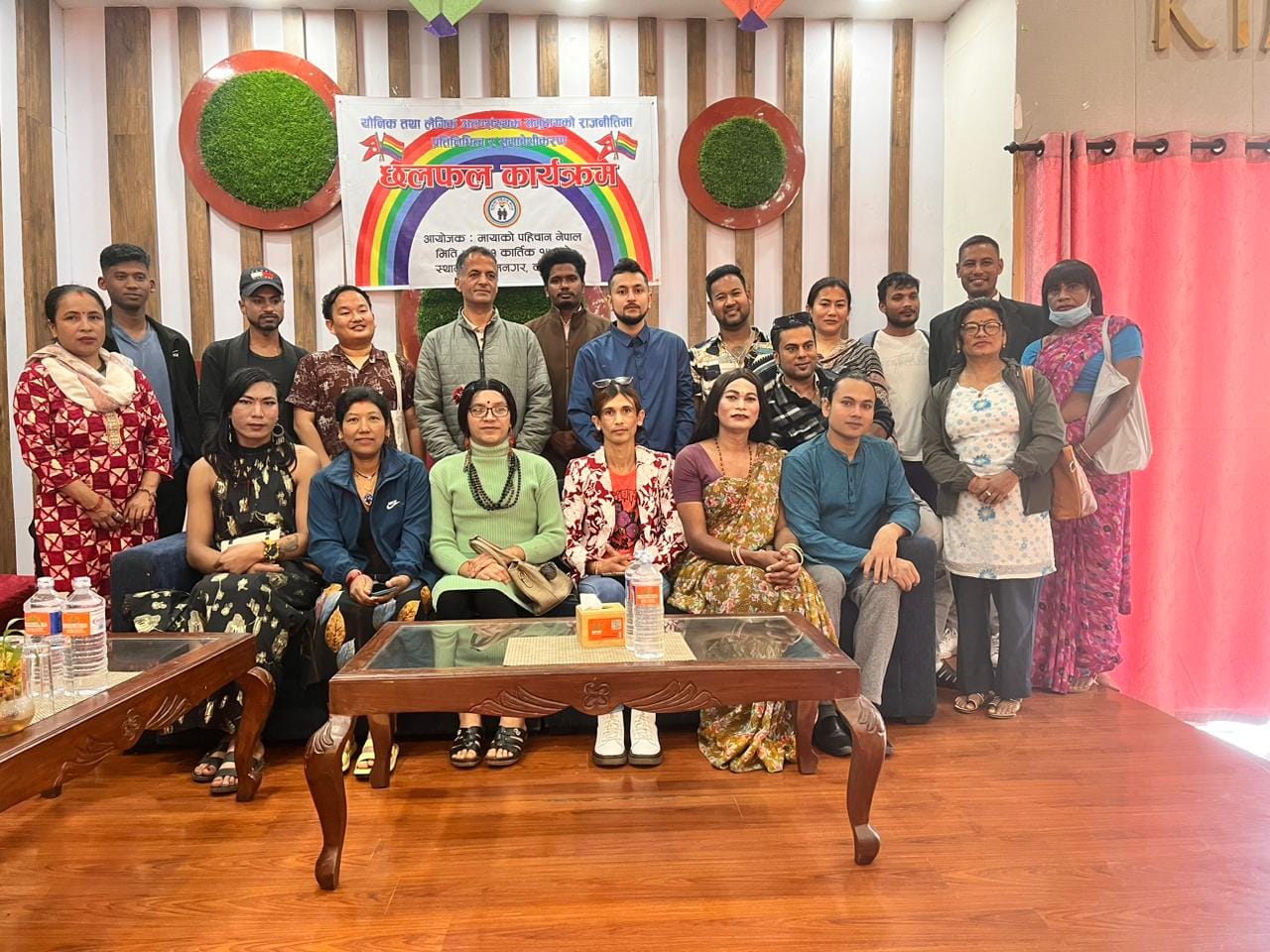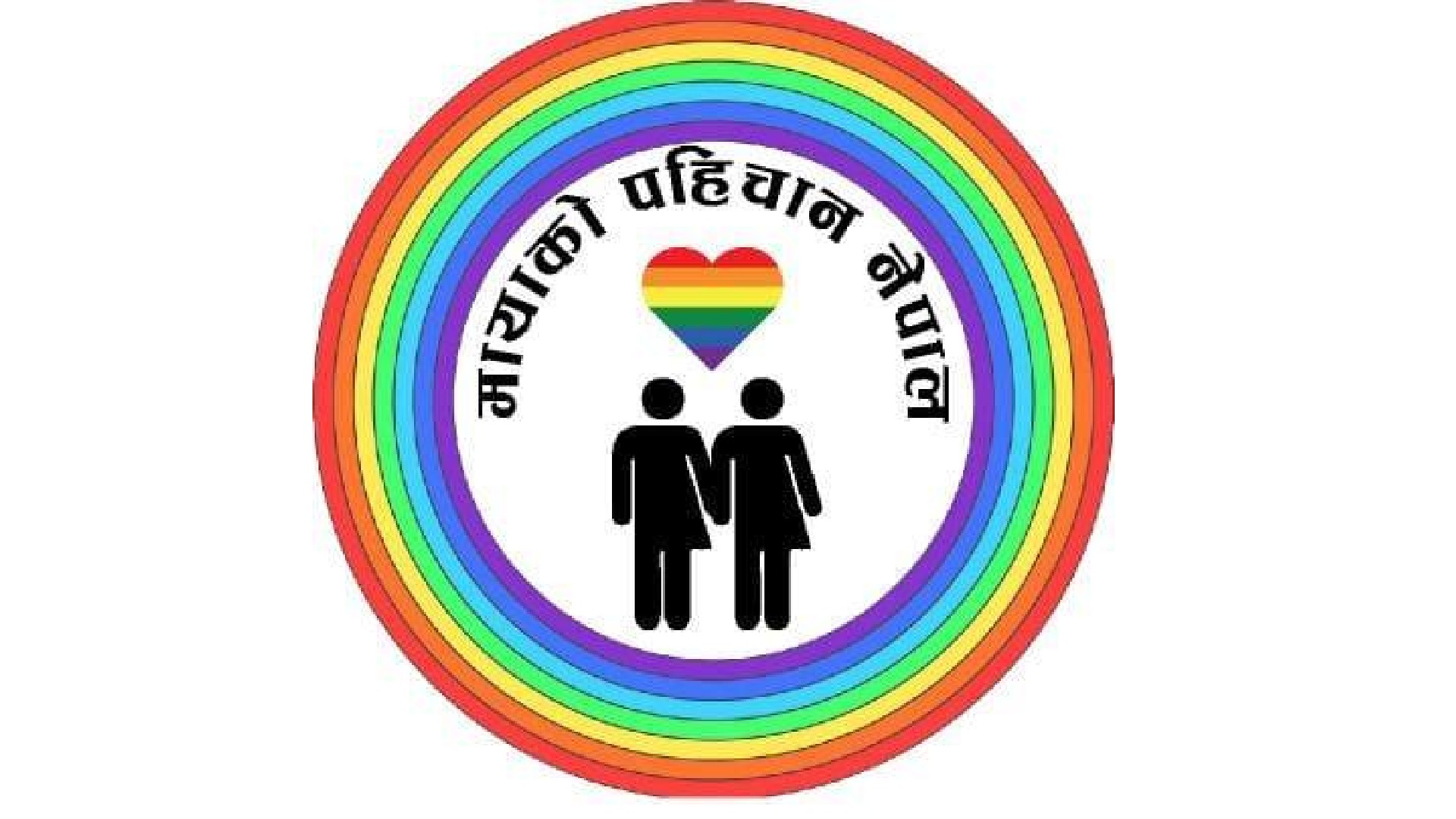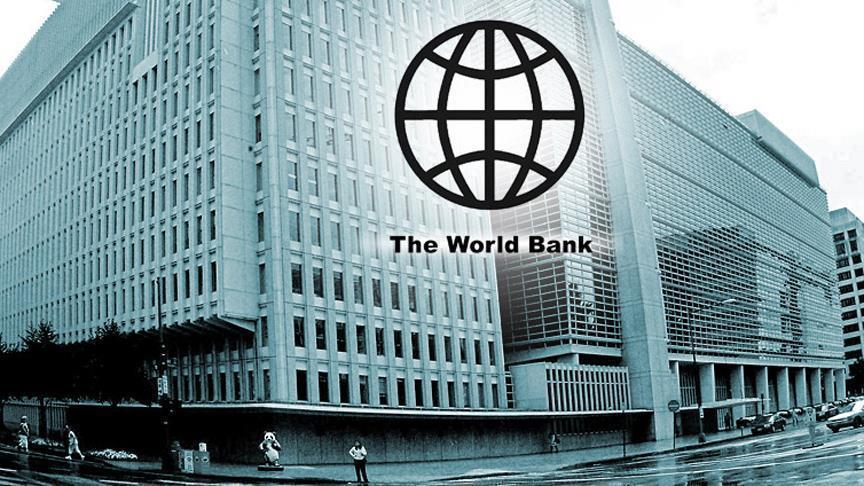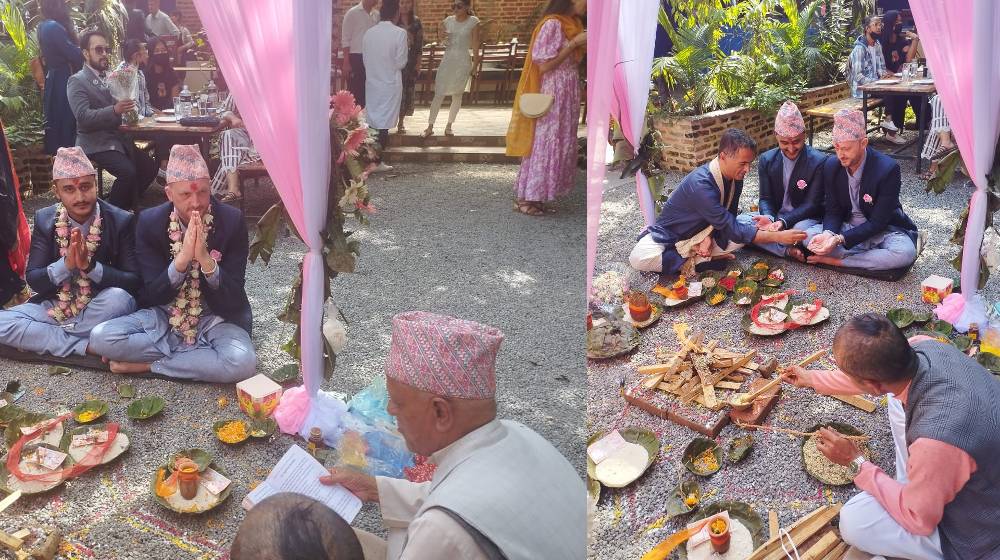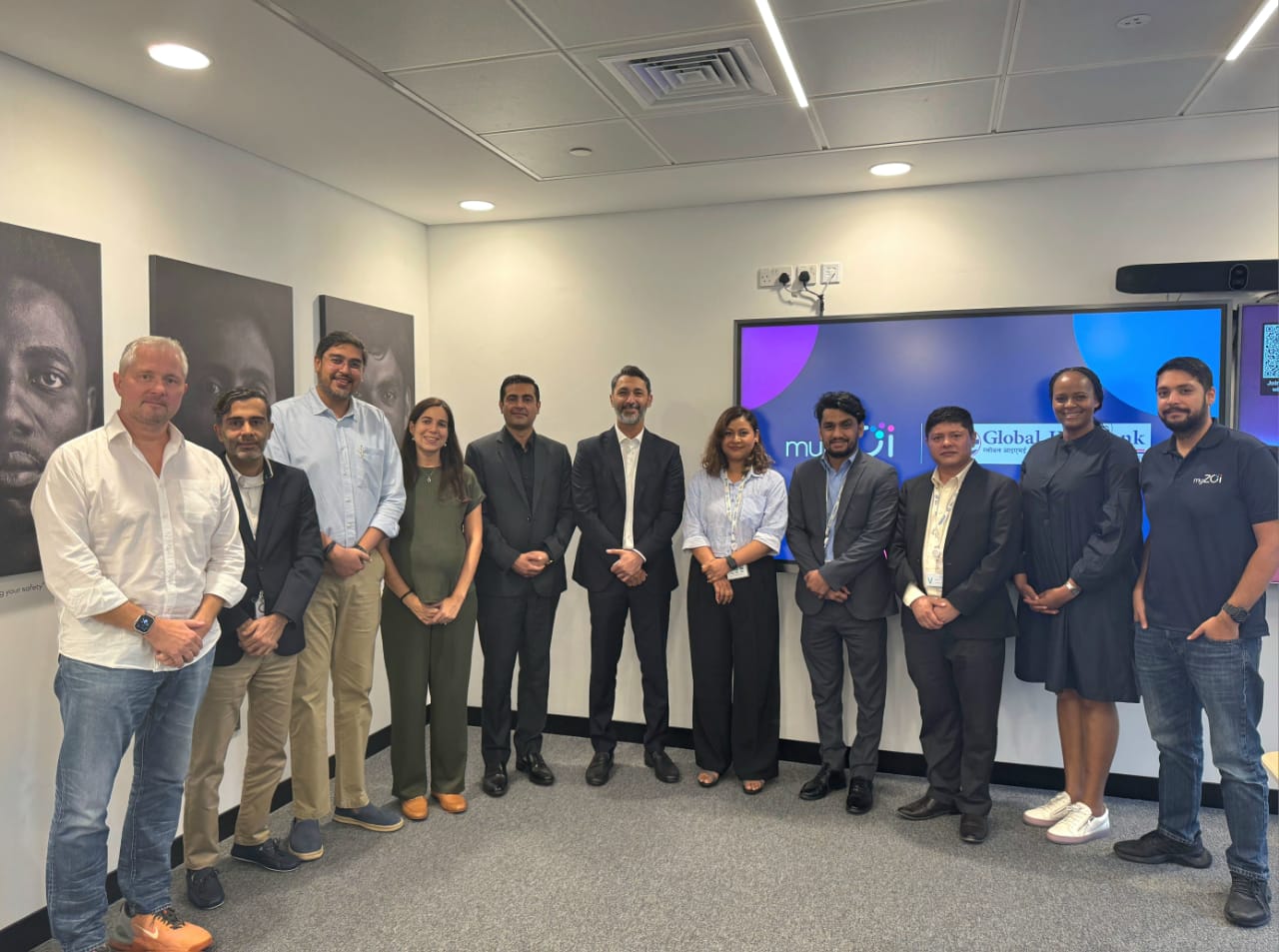Kathmandu (Pahichan) August 19 – In the Kashmir Valley, overshadowed by conflict, the transgender community has been struggling for existence as well as identity. Abandoned by their families and shamed by the society, this “other class”, recognised by the Supreme Court as ‘third gender’, has been forced to withdraw from public life, making their existence a virtual social death.
While they have been shunned through the history of Jammu and Kashmir – and there is no documentation of their presence in society and what they did to make a living – according to academics and activists, their role as matchmakers, the only source of their sustenance in present-day Kashmir, has now come under threat. Things could change for the better however, as the Jammu and Kashmir high court has finally taken notice of an LGBT activist and scholar from Kashmir University, Aijaz Ahmad Bund, who has been continuing a struggle for seven years, away from the media glare, fighting for the rights of the transgender people.
On August 11, a division bench comprising Chief Justice Badar Durrez Ahmed and Justice Ali Mohammad Magrey directed the government to respond to a PIL filed by Bund, seeking the protection of rights of transgender people – their social, political and economic inclusion in society and reservations in government jobs and educational institutions for them. Supporting Bund in this fight are his colleague Farah Ashraf, who is also a scholar at the university’s social welfare department and a post-graduate student, Enus Shafi Khan.
Constant harassment
There is no credible data about transgender people in Jammu and Kashmir. The first-ever census of rural India in 2015, put their number at 477 in the state, though only 97 transgender people had registered themselves with the Election Commission a year earlier. These figures have however been contradicted by transgender people and activists. “The government, the people, everybody wants us to perish from the face of the earth, so why should they be concerned about us?” said Dazy Jan, who identifies herself as a trans-woman, from uptown Srinagar.
She belongs to a group of nine transgender people who are very close friends and have been matchmaking for the last five-seven years.
Dazy considers herself “lucky” for not having been thrown out of the house by her family. “My parents always shout at me. They question my sense of dressing and my passion for keeping long hair and wearing loud makeup. They even beat me in the past but now I have got used to all the criticism,” she says softly.
However, there are many, like 27-year-old Razia, who, after facing constant harassment from family, fled home, never to return again. She has been living with her friend Neelofar, who is also a transgender person, in a rented room in Srinagar for the last three years.
In his 2013 paper titled Other Sex: A Study on Problems of Transgender Women of District Srinagar for the International Journal of Scientific Research, Bund, based on interviews with a 100 transgender people, talks about the harassment that they face – including verbal abuse, assault, bullying, sexual violence and social restrictions. This has forced some people of the community to migrate and avoid participation in social institutions like schools, attend weddings and festivals and go to places of worship.
Old age and financial insecurity
Most transgender people have been matchmakers – a traditional profession for them, apart from singing and dancing at weddings in Kashmir – but now, they are losing their only source of income to disk jockeys, who are replacing them at weddings and other functions.
The financial instability has added to their worries. While their monthly income varies from Rs 6000 to Rs 20,000, many of them, mostly the older transgender people with no source of income, struggle to make ends meet.
Last winter, Khan worked on a project about the economic and social challenges faced by the community in Jammu and Kashmir, for which he spoke to a number of transgender people from across the state. Most of those he spoke to, were between the ages of 60-70 years, and they had been thrown out of their homes when they were eight or ten years old.
“The worst plight is of the old, who are all alone. I met one transgender person in his early 70s, who lives in a single makeshift mudroom at Dalgate (Srinagar). He doesn’t earn now and largely depends on the from neighbours to sustain himself,” Khan said, adding that the denial of the property rights to transgender people by their families hits them the most when they are old.
“Their life from birth to death is full of abuse, humiliation discrimination and unfortunately there is no historical account of them as if they didn’t exist,” said Khan. He added that Islam too recognises transgender people by the name ‘mukhanathun’ in Arabic, which means ‘men who resemble women’, “Who are we then to deny them their rights?”
It is not only physical or sexual violence that the transgender people face day-in and day-out, the years of harassment has led to several psychological disorders, like depression, suicidal tendencies, panic disorders, obsessive compulsive disorder and post-traumatic stress disorder, Bund’s study found.
According to renowned psychiatrist Dr. Arshad Hussain, the community’s continuing struggle for survival in Jammu and Kashmir has resulted in mental health issues for them.
“They are stigmatised in our culture with hugely defined roles assigned to two genders making them misfits not only in the larger society but also within families,” Hussain said.
Also read: Once Popular Matchmakers, Kashmir’s Transgender People Continue to Struggle for Equality
The past life and the present
According to historian Ashiq Hussian Bhat, transgender people commanded respect during the Mughal period in Jammu and Kashmir and were the only people who had access to haram (exclusive abode for women). The men were forbidden to enter haram.
“Access to haram tells us how close they were to royal families and the kind of life they must have enjoyed then,” said Bhat.
While quoting his interactions with the elderly from the community, Khan said that transgender people would not only work for royal Mughal families, particularly the womenfolk, but were also close to the elite families of that period.
“That was their regular source of income. Their close association with the palace would help them in two ways – earn respect within their families and in the society,” said Khan.
The community was ostracised with the advent of British rule and they not only lost their financial independence but respect as well, he said.
Bhat argued while there was no record about how transgenders started matchmaking as a profession, the new role provided them employment, gave them a social sanction and acceptability to a certain extent.
“Families’ take utmost care not to annoy matchmakers and their demands, ranging from the fee they charge to the gifts they want, are met with priority. This is apart from what they earn by singing and dancing at weddings,” said Bhat, adding that their role as full time matchmakers started in early 1900 in Kashmir.
The battle that begun years ago
It was in the summer of 2011 that Bund, who belongs to a well established business family, decided to take up the cause of the transgenders after he had a detailed discussion with a matchmaker who had visited his home with a marriage proposal for one of her sisters.
Moved by their plight, Bund knocked the doors of the Jammu and Kashmir social welfare department, agitating for the extension of social welfare programmes, meant for the poor and destitute, to transgender people as well. He talked about constituting a welfare board to redress their grievances as well.
Though the department formulated an intervention plan for the community’s rehabilitation, the proposal didn’t move beyond official files, forcing Bund to withdraw the case.
In 2013, a dejected Bund approached the state human rights commission with the plea. The case lingered on for next four years without any outcome. This however did not deter Bund, who is currently finishing his book on the transgender community, titled Hijras of Kashmir: A Marginalised Population. In May this year, he, along with two colleagues, filed the PIL in the high court.
While Bund, now working with an NGO to create awareness about the community among school-going children, has found support from both family and friends for the cause, Ashraf and Khan haven’t discussed the issue with their families.
“Friends have been supportive as have colleagues at the university,” Ashraf said.
Lone warriors in the courtroom
According to activists, Bund, Khan and Ashraf met with disappointment again when a lawyer didn’t agree to take up the case, forcing them to plead the case themselves. “We even approached some senior lawyers. But the overall reaction was very unfortunate. They instead started asking us why are we are taking up their case,” said Ashraf.
“One lawyer even ridiculed us saying today you have come for them, tomorrow another person will come and ask for more. He was referring to homosexual and bisexual people. We are not asking for their sexual rights but basic human rights,” said Bund.
They are undeterred however and are now preparing for the next hearing on September 15. Support has already started pouring from within and outside the state, from lawyers to activists.
“We need to make people understand that we don’t only have men and women but we have others as well and when this happens, society will realise the need to accord this deprived community their rights,” said Khan.
More hope
For the first time, Kashmir University’s social science department has approved a thesis study on the transgender community. This is being seen as an important step at the academic level in establishing the identity of the transgender people.
“It will help to bring the plight of the transgender community to the fore. It is important also because it is first initiative, that too from the highest seat of learning in the state,” said Khan, hoping that this will go a long way in addressing the issues of the community.
Bund added: “Ours is an inclusive movement. We have started with the transgender people because they are the one of the most vulnerable and visible victims in the spectrum.”
